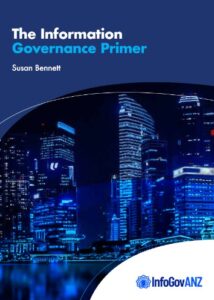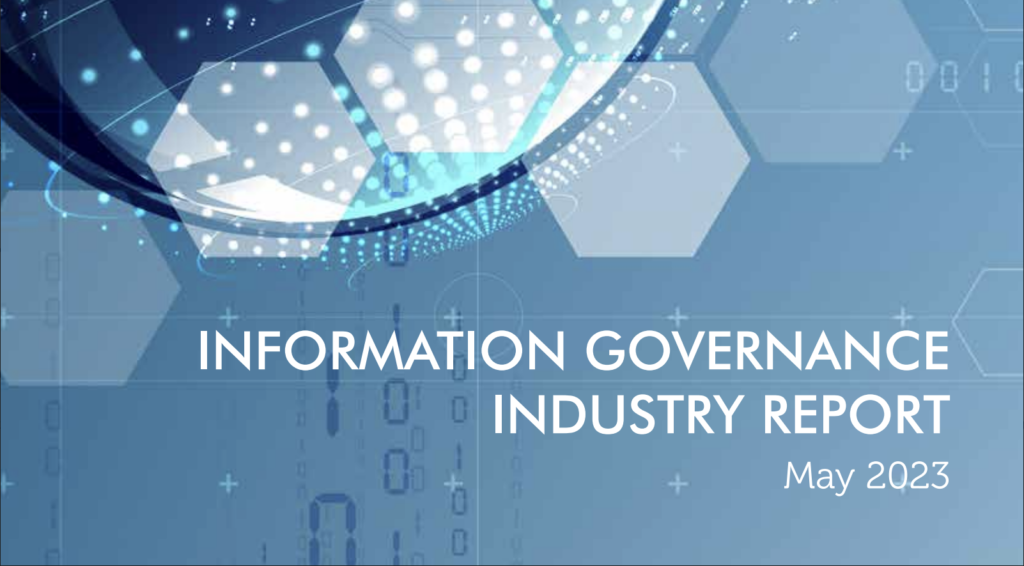In today’s digital and AI environment, the growing number and complexity of challenges associated with data and information are outpacing traditional governance and management practices. The Information Governance Primer address these challenges by providing a guide to developing a holistic enterprise-wide system to mitigate risks and maximise opportunities.
The Information Governance Primer assists professionals in developing a well-executed IG framework and program, with appropriate leadership, to deliver effective data and information security and control by reducing the costs of holding information and maximising the value of information held by the organisation.
The Information Governance Primer articulates persuasively the rationale for implementing good information governance and aims to equip IG practitioners with the knowledge required to build and improve information governance across a range of organisation types, including government, corporations, and not-for-profits.
The Information Governance Primer provides a general overview of information governance, covering a range of important factors, including the key drivers of IG, the benefits of successful IG implementation, an outline of IG models and frameworks, and the role of IG leadership in establishing robust information governance.
The Information Governance Primer is free for InfoGovANZ members and is available here.




